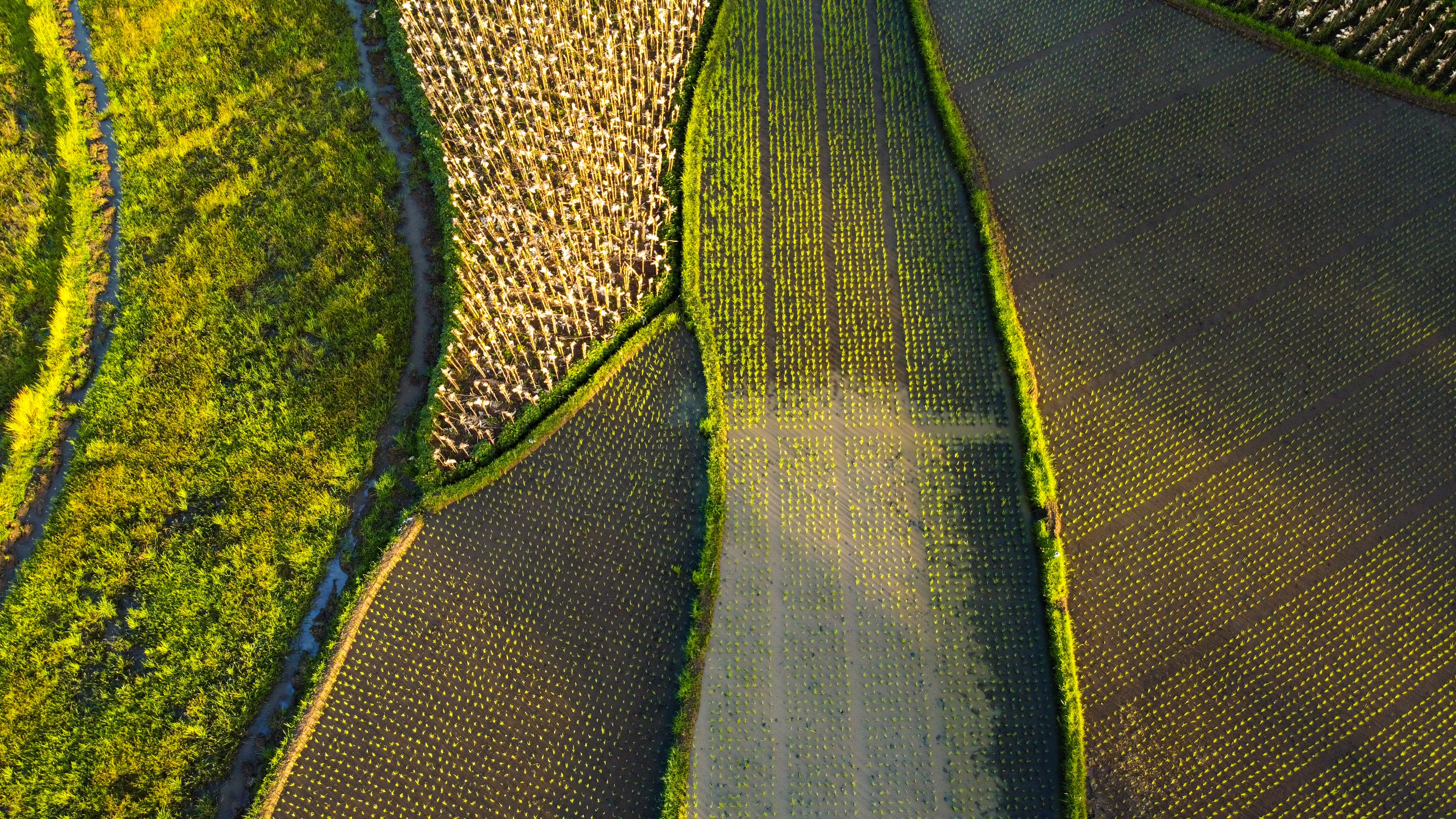
403
Sorry!!
Error! We're sorry, but the page you were looking for doesn't exist.
Ghana's industry of cocoa faces economic downturn, threats
(MENAFN) Ghana, renowned as the world's second-largest producer of cocoa, finds itself at a critical juncture, with mounting concerns about the sustainability of its cocoa cultivation — a linchpin of its economy. The West African nation is grappling with multifaceted challenges, from a severe economic downturn to the detrimental effects of illegal mining activities commonly referred to as “galamsey.” Recent data underscores the severity of Ghana's economic predicament, with the inflation rate surging to a staggering 26.4 percent as of November. Compounding these economic woes, the illicit "galamsey" operations are increasingly encroaching upon cocoa farms, jeopardizing a sector that stands shoulder-to-shoulder with gold and oil as pillars of Ghana's national economy.
Michael Kwarteng, at the helm of anti-illegal mining initiatives with the Ghana Cocoa Board (COCOBOD), paints a bleak picture of the ongoing crisis. Reflecting on the past half-decade, Kwarteng laments, “We've observed an alarming escalation in the devastation of cocoa plantations at the hands of unlicensed miners.” This sentiment underscores the urgency and magnitude of the issue, hinting at a trajectory that could have long-term repercussions on Ghana's cocoa output and, by extension, its economy.
The dire economic landscape has compelled numerous cocoa producers to make distressing choices, as exemplified by Rita Abena Koranteng, a 45-year-old cocoa farmer from Sohum in Ghana's eastern region. Koranteng's decision to lease out two of her plots to her uncle for mining underscores the economic pressures farmers face. Sharing her rationale, she notes the allure of immediate financial gains: “He compensates me with USD500 monthly, a sum that eclipses what I could earn through cocoa cultivation.” Such shifts in land use are not isolated incidents; anecdotal evidence suggests a broader trend where cocoa producers, out of financial desperation, are transitioning to alternative livelihoods, like rubber farming.
In a bid to alleviate some economic strains on cocoa producers, the Ghanaian government recently took steps by sanctioning a substantial 63 percent hike in the procurement price for cocoa, pegging it at approximately USD1,822 per ton from producers. However, this incremental financial incentive appears insufficient to dissuade land sales for illicit mining ventures, signaling the depth of the intertwined economic and environmental challenges confronting Ghana's cocoa industry.
Michael Kwarteng, at the helm of anti-illegal mining initiatives with the Ghana Cocoa Board (COCOBOD), paints a bleak picture of the ongoing crisis. Reflecting on the past half-decade, Kwarteng laments, “We've observed an alarming escalation in the devastation of cocoa plantations at the hands of unlicensed miners.” This sentiment underscores the urgency and magnitude of the issue, hinting at a trajectory that could have long-term repercussions on Ghana's cocoa output and, by extension, its economy.
The dire economic landscape has compelled numerous cocoa producers to make distressing choices, as exemplified by Rita Abena Koranteng, a 45-year-old cocoa farmer from Sohum in Ghana's eastern region. Koranteng's decision to lease out two of her plots to her uncle for mining underscores the economic pressures farmers face. Sharing her rationale, she notes the allure of immediate financial gains: “He compensates me with USD500 monthly, a sum that eclipses what I could earn through cocoa cultivation.” Such shifts in land use are not isolated incidents; anecdotal evidence suggests a broader trend where cocoa producers, out of financial desperation, are transitioning to alternative livelihoods, like rubber farming.
In a bid to alleviate some economic strains on cocoa producers, the Ghanaian government recently took steps by sanctioning a substantial 63 percent hike in the procurement price for cocoa, pegging it at approximately USD1,822 per ton from producers. However, this incremental financial incentive appears insufficient to dissuade land sales for illicit mining ventures, signaling the depth of the intertwined economic and environmental challenges confronting Ghana's cocoa industry.

Legal Disclaimer:
MENAFN provides the
information “as is” without warranty of any kind. We do not accept
any responsibility or liability for the accuracy, content, images,
videos, licenses, completeness, legality, or reliability of the information
contained in this article. If you have any complaints or copyright
issues related to this article, kindly contact the provider above.
















Comments
No comment